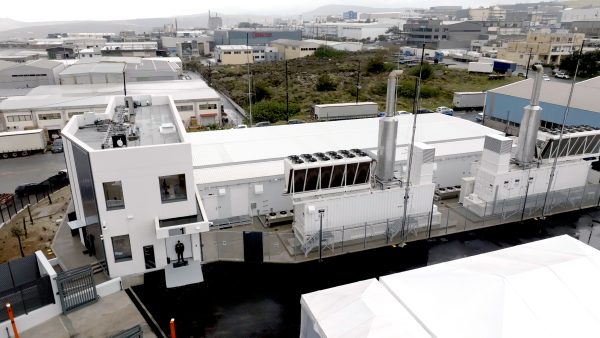
The recent report by the Bank of Greece and a special analysis by Foundation for Economic & Industrial Research (IOBE) indicate that Greece is among the most expensive countries for food at the European level.
According to the Bank of Greece’s study, which examines 41 categories of branded supermarket products and compares prices with those in nine other Eurozone countries, Greek prices are on average about 10% higher than the Eurozone average.
Notably, price differences in Greece compared to other European countries reach up to 129% for carbonated water and 56% for long-life milk.
The Bank of Greece attributes high prices mainly to market concentration among suppliers, dominated by large multinationals providing imported products.
Additionally, retail market distortions and consumer habits, such as purchasing smaller packages, drive prices up.
IOBE’s data are equally concerning. Food inflation in Greece is comparable to the EU27 average, while Greek wages, in terms of purchasing power, are only higher than those in Bulgaria.
From January 2021 to May 2024, the domestic Harmonized Index of Consumer Prices (HICP) for Food saw a cumulative increase of 29.4%, similar to the 30.6% rise in the EU27, with Spain experiencing a slightly higher increase of 31%.
While cumulative price changes in specific food categories in Greece and the EU27 from January 2021 to May 2024 show no significant differences, the price increase for olive oil stands out. Domestically, olive oil prices rose by 137.2%, compared to 121.5% in the EU27.
From January to May 2024, food inflation in Greece averaged at 5.6%, down from 11.7% in 2023. In the EU27, food prices rose by 2.3% during the same period, down from 12.7% in 2023.
Olive oil significantly contributed to domestic food inflation, averaging 5 percentage points from January to May 2024, up from -0.7 percentage points in 2023. Similarly, fresh food’s contribution averaged 4.6 percentage points, up from 4.1 percentage points in 2023.
Source: tovima.com
Latest News

Greek €200M 10Y Bond to be Issued on April 16
The 3.875% fixed-interest-rate bond matures on March 12, 2029, and will be issued in dematerialized form. According to PDMA, the goal of the re-issuance is to meet investor demand and to enhance liquidity in the secondary bond market.

German Ambassador to Greece Talks Ukraine, Rise of Far Right & Tariffs at Delphi Economic Forum X
Commenting on the political developments in his country, the German Ambassador stressed that it was clear the rapid formation of a new government was imperative, as the expectations across Europe showed.

Athens to Return Confiscated License Plates Ahead of Easter Holiday
Cases involving court orders will also be excluded from this measure.

Servicers: How More Properties Could Enter the Greek Market
Buying or renting a home is out of reach for many in Greece. Servicers propose faster processes and incentives to boost property supply and ease the housing crisis.

Greek Easter 2025: Price Hikes on Lamb, Eggs & Sweets
According to the Greek Consumers’ Institute, hosting an Easter dinner for eight now costs approximately €361.95 — an increase of €11 compared to 2024.

FM Gerapetritis Calls for Unified EU Response to Global Crises at EU Council
"Europe is navigating through unprecedented crises — wars, humanitarian disasters, climate emergencies," he stated.

Holy Week Store Hours in Greece
Retail stores across Greece are now operating on extended holiday hours for Holy Week, following their Sunday opening on April 13. The move aims to accommodate consumers ahead of Easter, but merchants remain cautious amid sluggish market activity.

Green Getaway Ideas for Easter 2025 in Greece
Celebrate Easter 2025 in Greece the sustainable way with eco-farms, car-free islands, and family-friendly getaways rooted in nature and tradition.

Civil Protection Minister Details Summer Firefighting Plans at Delphi Forum
At the 10th Delphi Economic Forum, Minister of Climate Crisis and Civil Protection Yiannis Kefalogiannis discussed Greece's plans for the upcoming fire season.

How Shops and Markets Will Operate During Easter Holy Week
The Easter holiday schedule has been in effect since April 10, with retail stores open Palm Sunday, and most supermarkets also operating to meet consumer demand for Easter shopping








































 Αριθμός Πιστοποίησης
Αριθμός Πιστοποίησης